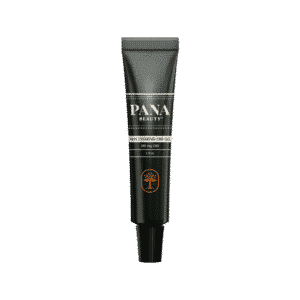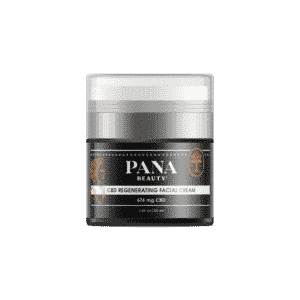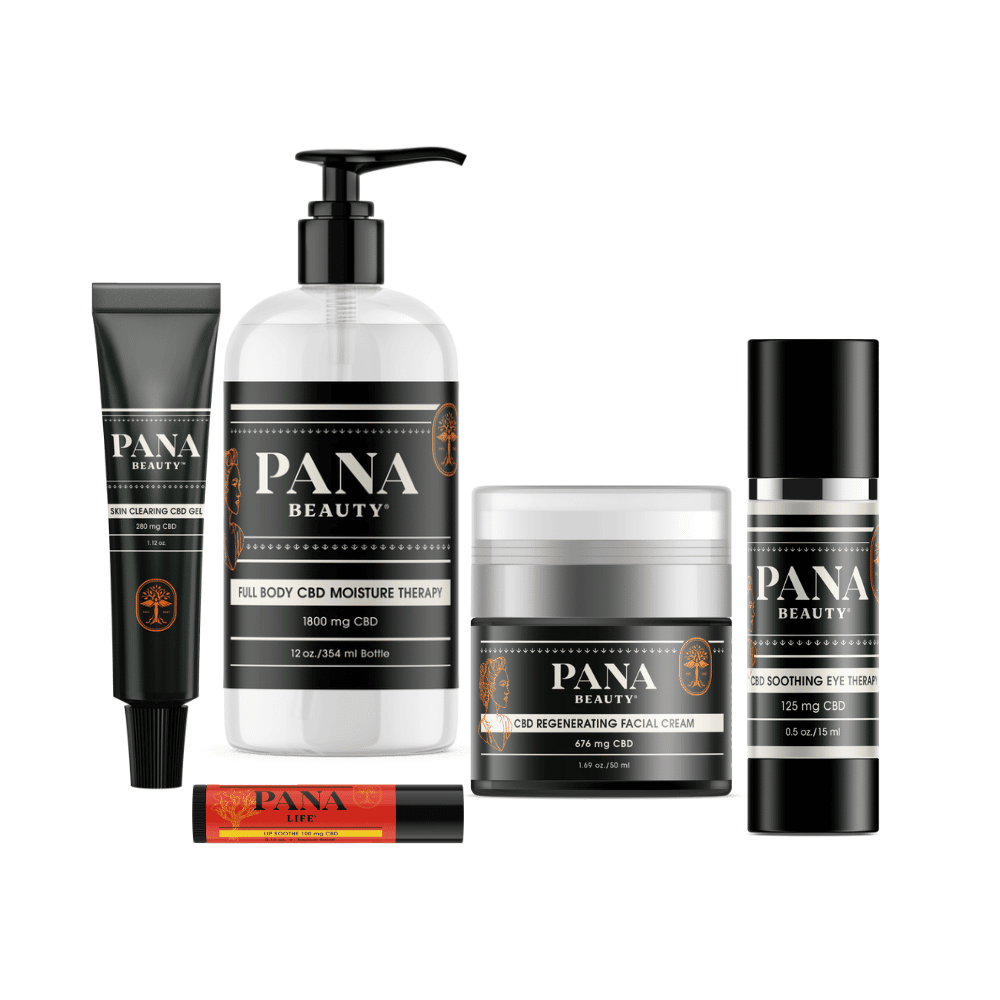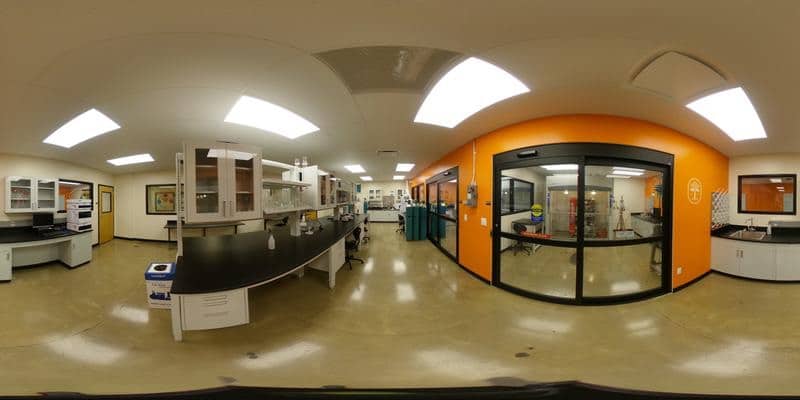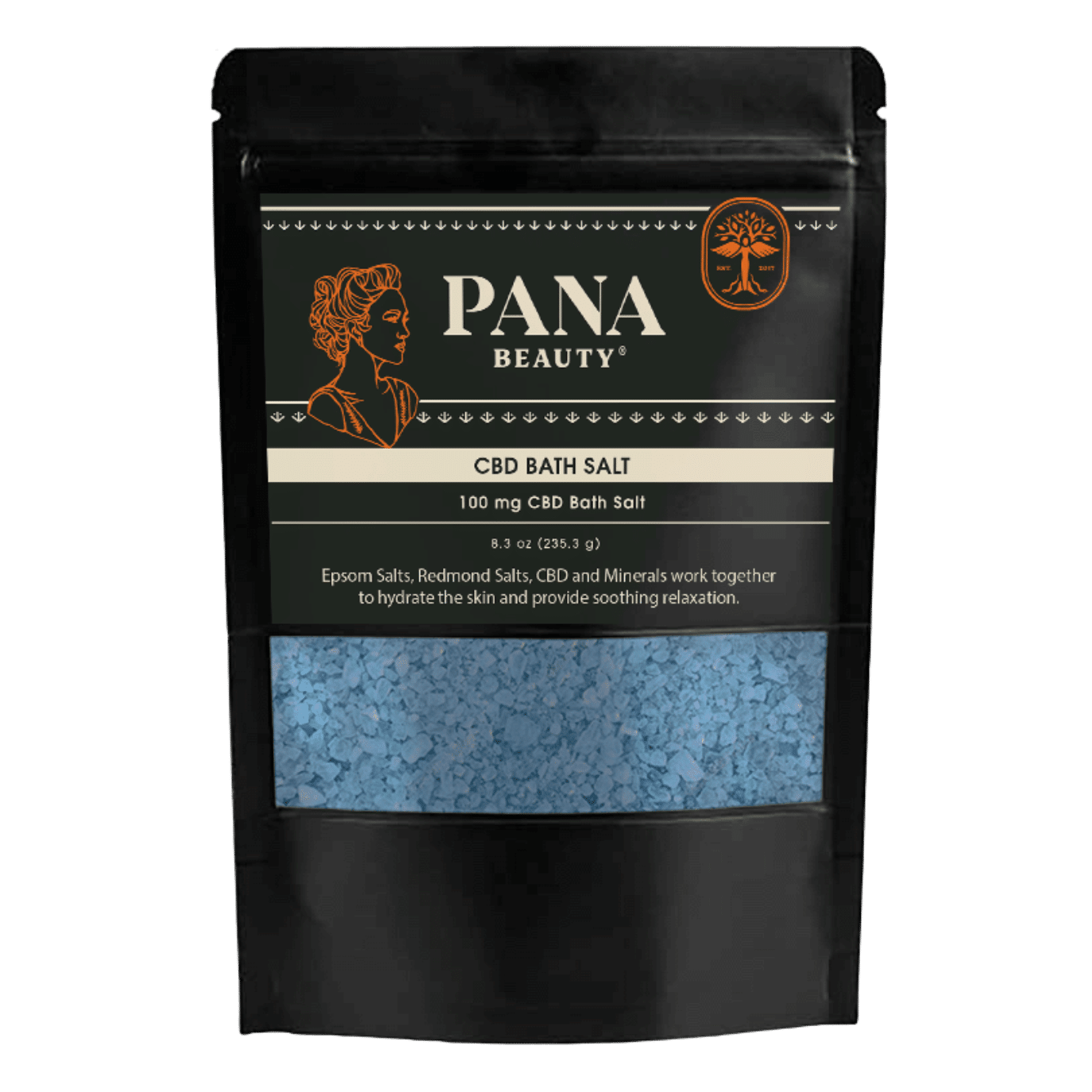In recent years CBD, or Cannabidiol, has surged in mainstream popularity. CBD is one of the principal compounds of the Cannabis species that is found in Hemp and Marijuana plants, and many people have started using it for its medicinal properties. There are a wide range of conditions that websites and individual consumers report that CBD is effective at treating with some of these having scientific study support and others based on anecdotal observations or proposals. The best researched use of CBD to treat a disease is with childhood epilepsy. The FDA approved the use of Epidiolex, a cannabidiol formulation, for the treatment of childhood epilepsy. Additional studies have shown that CBD use was directly linked with a reduction in the number of seizures and, in many cases, stopped them completely.
Epilepsy is not the only disorder that CBD seems to help. CBD users have stated that CBD has helped them manage anxiety, insomnia, and chronic pain, among other maladies. While the research on CBD for these conditions isn’t as extensive as it is for epilepsy, there are some encouraging signs that CBD could be a compelling choice for these more common conditions.
Because CBD is relatively new as an option for addressing unmet ailments, there are still many questions surrounding its use. One crucial question is whether or not it is okay to use CBD while pregnant. A pregnant woman suffering from chronic pain and enhanced anxiety may be interested in the soothing effects that CBD proponents may provide.
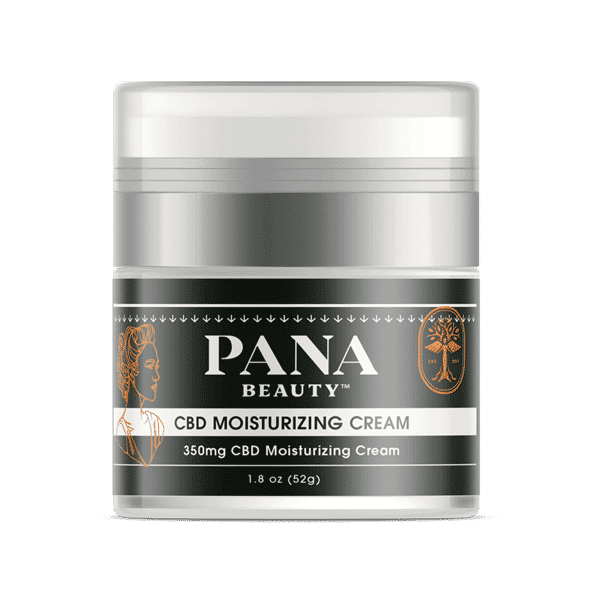
To understand more about CBD and its effects during pregnancy, we must first take a closer look at what it is and where it comes from.
CBD – a Cannabis extract
The CBD compound is found in plants in the Cannabis family, plants like Hemp or Marijuana, which contain both THC (Tetrahydrocannabinol) and CBD. THC is the active ingredient in the Marijuana plant, and it produces the high most people are familiar with that may also provide calming psychogenic effects. CBD may also be found in the Marijuana plant, but it does not produce that a mental high. CBD is also found in the Hemp plant, which has a very low amount of THC (it must have less than 0.3 percent THC to be legal and defined as Hemp in the United States).
As an extract derived from Hemp, CBD oils and other products contain less than 0.3% THC, and in many cases the THC has been completely removed. CBD may be extracted and isolated to produce the gummies, topicals, and oils you may buy at stores today.
How does CBD benefit health?
As mentioned, one of the most popular and well-studied uses for CBD in treating epilepsy. Epidiolex is a CBD based drug that was approved by the FDA in 2018. Epidiolex is used to treat Dravet Syndrome and Lennox-Gastaut Syndrome, which are two rare and severe forms of childhood epilepsy in patients two years of age and older.
More commonly, people are using CBD to produce a calming effect to reduce anxiety, increase sleep quality, alleviate aches and pains, and even conditions like diabetes and Crohn’s disease. Although the research on CBD’s health benefits is limited, more studies are being conducted to help close the research gap. Plenty of people take CBD to relieve themselves of these symptoms.
People who use CBD will have observed that it provides a variety of benefits. However, it is not clear if CBD has the same effect on everyone. This is why it is important to consult with your medical professional. If you do start using CBD, begin with low dosages and work your way up to a threshold that is right for you.
CBD Products
There are many legal CBD products on the market these days. Using CBD has provided many health and wellness benefits with over 7% of Americans currently using CBD to increase their quality of life.
CBD oil is one of the most common items available. This is a concentrated oil that contains a large amount of CBD along with other beneficial cannabinoids and terpenes, all of which provide additional health benefits. There are a field of options beginning to emerge on how to integrate CBD into your life in the best way possible. Tinctures, CBD isolates, and gummies are a few to name.
There are also CBD soft gel capsules that may be swallowed like any other pill. These capsules may contain pure CBD (always read your label), or they are possibly combined with additive substances like herbs, flavors, oils, or caffeine.
Another way people consume CBD is through edibles or beverages. Many different kinds of snacks that contain therapeutic amounts of CBD may be purchased. Things like chocolates, gummies, and hard candies are some of the more popular edibles among CBD enthusiasts. CBD-infused beverages have risen in popularity as well. Soft drinks, sparkling waters, fruit juices, and even beer and other alcoholic beverages may have CBD in them. (Although, of course, you may not be advised to drink beer whilst pregnant.)
Oral consumption or topically applied products are the most common methods of absorbing CBD, but new-age items like CBD topical patches, bath salts, and crystals have all hit the market in recent years. Even CBD essential oils placed in a diffuser have come onto the market lately.
Difference between THC and CBD
THC and CBD are found in different concentrations in both the Marijuana and Hemp plants. Marijuana has a much higher concentration of THC, while Hemp generally has more CBD. Although both compounds have similar chemical makeup, the properties of each compound are different because of how their atoms are arranged.
THC is a psychoactive compound that leads to intoxication. This feeling of euphoria or disconnection is known as a high, and many people use Marijuana to achieve this high. The THC binds with the brain receptors responsible for generating the euphoric high, but also to other receptors that modulate pain, mood, and emotions. Because THC modulates mood receptors, THC may make a person feel less anxious and in general in a happier state of mind.
CBD, on the other hand, does not produce an intoxicating high like THC. It still affects receptors and neurotransmitters, but not in the psychoactive way that THC does. Instead, most people report feeling less pain and improved general wellbeing without the high that comes from THC. Because of this, many people consider CBD to be a safe alternative to THC that allows you to function without the effects of being high.
Effects of CBD on pregnancy
We know that using any form of THC while pregnant is highly discouraged by doctors and researchers. However, there isn’t as much information on pure CBD and its effects on pregnancy. The FDA is continuing to collect and study the data on the possible harmful effects of CBD during pregnancy and while breastfeeding. Based on what we do know currently, there is cause for concern. If you are pregnant or breastfeeding, please consult with your physician prior to starting a CBD regimen.
All CBD consumers should be extremely vigilant regarding which products they purchase and consume. Make sure that the CBD manufacturer provides testing results to show the product is made with quality and purity in mind and that the product complies with the less than 0.3% THC content and does not contain contaminants such as heavy metals, pesticides, or microbes.
Researching the process quality of the supplier providing your CBD products is essential regardless. Check the labels to be sure your CBD products has no THC, and only purchase high quality, reputable products from trustworthy companies like Panacea Life Sciences.
Research on CBD safety while pregnant
There have not been many studies done on the effects of pure CBD products on a fetus, which is why it is difficult to say whether or not benefits outweigh potential safety concerns. We do know that even in the early stages of development, fetuses do have an Endocannabinoid system.
Until more studies are complete, we do not know how CBD may fully affect a developing fetus. However, it is clear that certain cannabinoids, including CBD and THC, can cross the placenta and reach the fetus like any other nutrients..
Is CBD safe to use during pregnancy?
The potential benefits and properties of CBD as a healing tool are possible, but speaking to your medical professional about before consuming CBD is highly advised. There are many more studies to be done before we can truly determine how effectively CBD treats certain diseases and disorders, as well as its effects on fetal development.
CBD Working with Other Options
Your medical professional can give you advice on what might be right for you.
However, in tandem with CBD options, prior methods like yoga, meditation, or certain herbal teas may also help with pregnancy discomfort.
Reference:
https://www.fda.gov/consumers/consumer-updates/what-you-should-know-about-using-Cannabis-including-cbd-when-pregnant-or-breastfeeding
https://www.drugabuse.gov/publications/research-reports/Marijuana/can-Marijuana-use-during-pregnancy-harm-baby
https://www.drugs.com/pregnancy/cannabidiol.html


